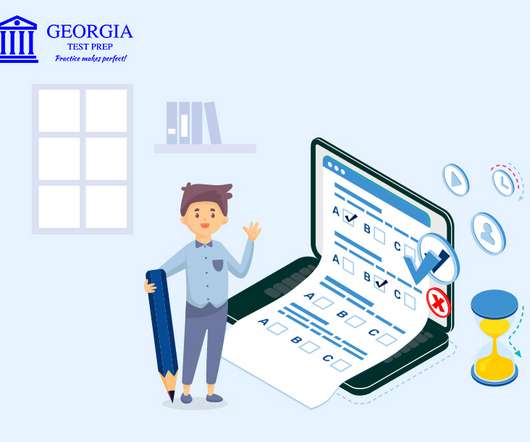Preparing Students for Online Assessments with Digital Literacy Skills
edWeb.net
FEBRUARY 22, 2018
Online assessments are becoming more common, and students who have strong digital literacy skills often score higher on them. Students who lack these skills may not be able to effectively demonstrate mastery of key concepts in math, reading or writing on online assessments. WATCH THE EDWEBINAR RECORDING.















Let's personalize your content